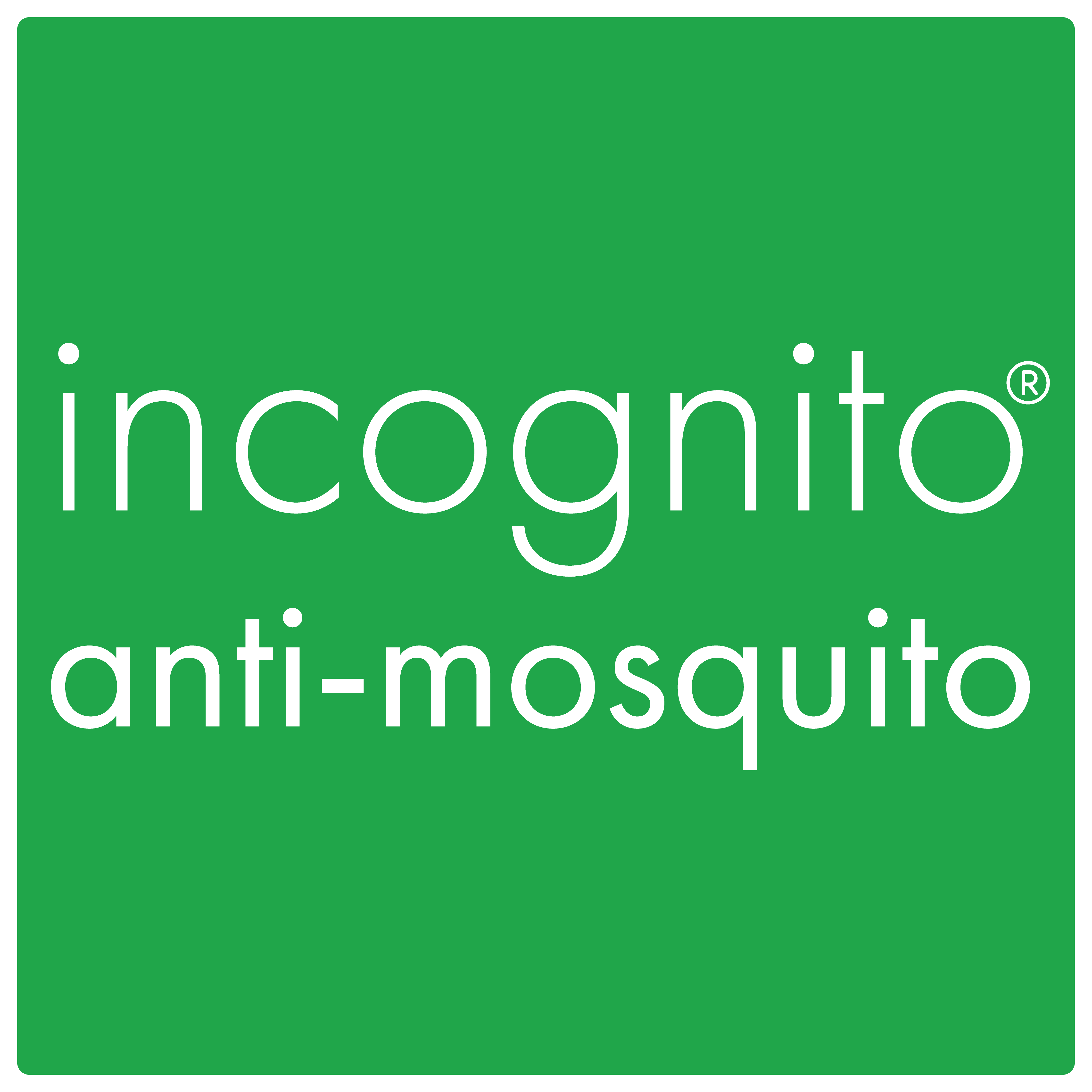The incognito Blog
incognito is now a Case Study for the British Government, who have put out the following press release. Please click to read it and let us know, by leaving a comment, what you think.
I noticed a really interesting article in today’s Metro on page 29, wherein they mention that ‘sperm-free’ mosquitoes have been released in bid to end malaria. The article goes on to say “Spermless mosquitoes have been released into the wild for the first time in a bid to combat diseases like malaria and dengue”. Sperm-free … Continue reading "Sperm-free mosquitoes released in bid to end malaria"
We at incognito are thrilled and delighted to announce that we have won the Award for: Best Natural Insect Repellent Janey Lee Grace says: “At last we are over the moon to find a 100% natural insect repellent that really works! Its non greasy and smells great!” For more on this story and the Awards … Continue reading "‘Janey Lee Grace Loves’ Platinum Awards 2011 have been announced!"
Janey Lee Grace has made it her life’s passion to source, seek, test and recommend the best natural eco and organic products and services in the market place. Her name is flagged up 4 or 5 times daily to over 7 million listeners via BBC Radio 2, and she has been voted in the top 10 most influential people in the … Continue reading "Janey Lee Grace goes incognito"
Although malaria in England had effectively died out by the 1950s, mostly due to the draining of much of the marshland where mosquitoes bred, with the growth of global travel, the number of imported cases of the disease in the UK has risen, with nearly 2,000 a year today.
incognito mosquito repellent were invited out to Hong Kong last week to share a stand with the UKTI (United Kingdom Trade & Investment) who also arranged many meetings with potential distributors mainly in HK . Because the event was Natural Products Expo Asia, we also got a lot of interest throughout the region.

